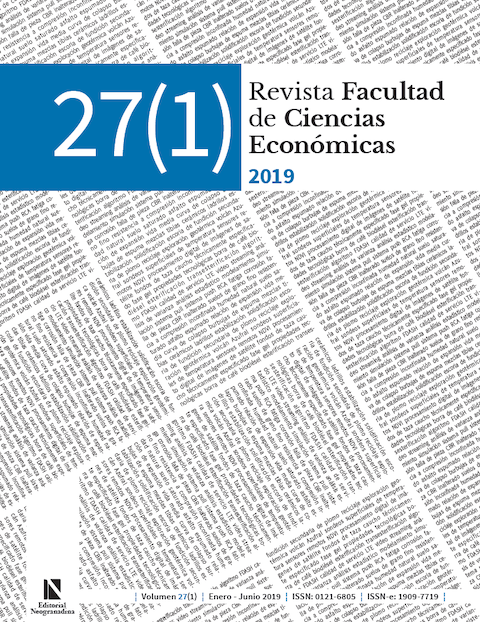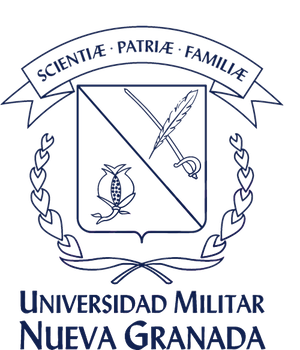Classic–Modern Principles Delimiting Apprehension and Intervention Processes in Social Organization: Notes from a Critical and Complex Perspective
Abstract
The reflections in this article are part of a broad interpretive process conceived as a transforming translation of theoretical and conceptual references, which reveal the inconsistencies of the classical rationalist paradigm in relation to contemporary reality. The resulting interpretative record evidences the exhaustion of the rationalist/mechanistic perspective in the context of human life, that is, the dynamics of anthropo-social organization, critically exposing the three basic guiding principles for this perspective: 1) a dogmatic-nomological epistemic position; 2) a physicalist ontology grounded in the res cogitans/res extensa dichotomy to conceive a being that is immutable in essence, and 3) a positivist symbolic pragmatics-based approach that rejects any knowledge emanating from imagination, qualifying it as erroneous. This paper further reveals the limitations inherent in these three principles, under which a simplistic and utilitarian reading of the organizational phenomenon is imposed. Finally, three basic premises are conceived from the standpoint of complexity, which transcend from this reading because of being fostered within the organizational gnosis and praxis: 1) the systemic dynamics of the organization understood from the principles of entropy and autopoiesis, defining organizational reality through a complex dialogic order/disorder/organization; 2) the exclusive conception of the subject/object relation is rejected, exalting the radical equivalence implicit in a generative ontological notion, 3) developing truly divergent anthropo-social organizational processes requires the construction of symbolic expressions different from those established by the dominant economic paradigm.











